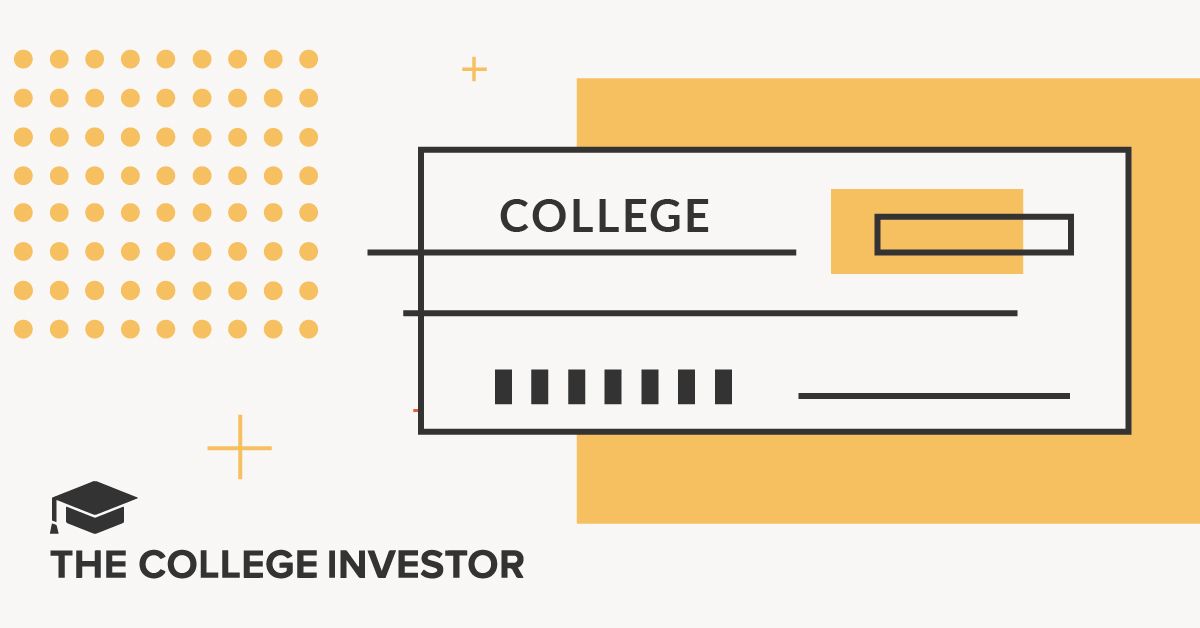 The number one investing mistake that most people make is buying high and selling low. And that is exactly the title of the recent book by Amir Avitzur – Why Do We Sell Low and Buy High? The Guide You Must Read Before You Invest!
The number one investing mistake that most people make is buying high and selling low. And that is exactly the title of the recent book by Amir Avitzur – Why Do We Sell Low and Buy High? The Guide You Must Read Before You Invest!
This book takes you through a journey through the basics of how the stock market works, and what investors should think about at every stage of choosing and following an investment selection. It also covers a lot of investment psychology, along with thoughts and wisdom from some of today’s best investors, like Warren Buffett and Charlie Munger.
Finally, this book gives you a step by step guide to fundamental analysis, and three key areas to focus on before you invest. Amir Avitzur wants every investor to have an enjoyable time investing in the stock market (i.e. not lose their shirt), and firmly believes that knowledge is the key to helping that (just check out the cover photo).
I was lucky enough to be able to ask Amir Avitzur some questions about his book and thoughts on personal finance education in general. Here is our interview!
My Interview with Amir Avitzur
 You wrote this book because you believe that understanding the fundamentals of investing is crucial. So why don’t we teach people these basics, and what can we do different going forward?
You wrote this book because you believe that understanding the fundamentals of investing is crucial. So why don’t we teach people these basics, and what can we do different going forward?
It is an interesting fact that in any other important decisions we make in our life we do invest time and effort to learn in order to make an educated decision. Just think about the decision of choosing a college, there are many factors you take into consideration, may it be the program, the teachers, the school itself, the career path and the cost. Most people I speak with compare several schools and even visit their top choices.
So why is it not the same with stocks? Why we do not teach investing basics or looking it in a different way why people do not learn investing basics?
From teaching point of view, I think our school system did not significantly changed from many years ago, we still teach Math, Science, Language Arts etc’. These are the basics subjects to prepare the student for any career path that he or she may choose. From talking to educators, investing fundamentals is just too narrow of a subject (and some shyly admitted that they have no clue about it either…) to be taught in our current school system.
Why people do not want to learn it? First of all, I think there are many ways for people to learn investing (may it be books, seminars, courses, investment clubs and many other ways). So why people do not read, attend seminars etc? I think it has to do with 4 simple reasons:
- Effort – as Peter Lynch said once, people will invest more time in planning their vacation than in investing. People just do not want to put the effort in learning, and unfortunately it is just too easy to buy a stock (login in, select ticker, click buy) and same thing about sell, no one will ask you for your research.
- Overconfidence – Most people do not measure their results and are confident that they do better than most and therefore do not see a need to learn.
- Will – most people find reading about companies, annual reports and financial statements plain boring.
- Time – May sound silly, but most people do not believe they have time for this. So they either let a manager do it for them (for example by investing in mutual funds) or invest by utilizing quick “tips” from magazines, TV anchors etc’.
You go in-depth on understanding the intrinsic value of companies and knowing industries (much like Warren Buffett). Do you think that it’s feasible for an everyday investor? If not, what should they focus on?
I think anyone who wishes to invest on his own, has the time to do it, has the will and the desire to keep on learning, and posses the psychology to support his or her decision making process can do it. However, and as I explained in my book it does require a significant effort.
The great thing about investing is that it is not a 100 meter dash; it is decade long marathon. As long as you keep on learning, you will become a better investor, you do not have to invest in the first month of your learning or even the first year. You do not have to know everything about all the thousands of traded companies or tens of industries. Start with what you understand, learn about the companies in one industry and slowly expand. Most people have an investment horizon of more than 40 years and still make their investment decisions after 5 minutes of thinking.
I do not what to downplay the effort. However, if you can invest 2 hours a day into it, you will have under your belt almost 1,500 hours of studying after 2 years. The key is to learn first the fundamentals and then start digging deeper. One last thing you need to enjoy it, not just the buying/selling and profit making, but the analyzing and the learning process.
If you do not have the time, the will or the inclination, I will go with Warren Buffett’s suggestion – just dollar cost average into an index fund. You will still beat most of professional money managers and sleep well.
In the middle of the book, you kind-of dismiss diversification. What are your thoughts on diversifying your portfolio?
I think Phillip Fisher summarized it very well in his book Common Stocks and Uncommon Profits. Mr. Fisher wrote: “Investors have been so oversold on diversification that fear of having too many eggs in one basket has caused them to put far too little into companies they thoroughly know and far too much in other which they know nothing it all. It never seems to occur to them that buying a company without having sufficient knowledge of it may be even more dangerous than having inadequate diversification”
I believe that owning shares in several companies of which you know great deal of and having holdings across several industries may achieve better results than your average mutual fund with 200 holdings. The key is concentration and knowledge. Also, as my book explains, it is not easy or frequent occurrence finding good companies that are sold below their intrinsic value so when it happen you have to invest with conviction.
You also go in-depth on competitive advantage and use multiple examples of technology companies, and even the music industry. However, value investors like Warren Buffett stay clear of technology because they don’t understand it. Do you think there are value companies in the technology sector, and how do you know they will maintain their competitive advantage in 3-5 years?
I think there is a bit misunderstanding about technology and value investors as Warren Buffett. Warren Buffett and other value investors stay away from technology companies not so much because they do not understand it (technology) but because we can not value the technology company, i.e we can not estimate the companies intrinsic value.
Warren Buffett had invested significant amount of money in companies that uses technology as a competitive advantage. For example, think about an insurance company with no agents and a funny animal that advertise it, or a seller of fractional ownership of a technology heavy private aircraft. These companies’ competitive advantages are in their business model and operations and the technology strengthen the competitive advantages.
I do not have great deal of knowledge about companies in the technology sector, do not invest in this sector and therefore will not be able to explain about technology companies competitive advantages. For me it is easier to find companies that utilize technology to strengthen and deepen their competitive advantage. As oppose to a company which the technology is its current competitive advantage.
What advice do you have for college students and recent graduates who are just getting started investing?
My advice will be simple: Read, Read and read some more about businesses (I added 10 book recommendations at the end of my book). Invest from a business point of view. Learn the language of business (accounting). Keep on seeking information prior to investing and ask yourself questions based on the information you have found. Meet, talk and learn from smart people. Learn to ask better questions. Always ask why. Remember that investing is a long term journey and not a sprint. And enjoy the journey. Good luck!
Final Thoughts
If you’re looking for a book on how to get started investing, I highly recommend Why Do We Sell Low and Buy High by Amir Avitzur. It is a short and easy read, and it gives you a lot of great examples about what to look for in companies when investing. If you want to stop making silly mistakes in the stock market, check out this book.

Robert Farrington is America’s Millennial Money Expert® and America’s Student Loan Debt Expert™, and the founder of The College Investor, a personal finance site dedicated to helping millennials escape student loan debt to start investing and building wealth for the future. You can learn more about him on the About Page or on his personal site RobertFarrington.com.
He regularly writes about investing, student loan debt, and general personal finance topics geared toward anyone wanting to earn more, get out of debt, and start building wealth for the future.
He has been quoted in major publications, including the New York Times, Wall Street Journal, Washington Post, ABC, NBC, Today, and more. He is also a regular contributor to Forbes.
Editor: Clint Proctor Reviewed by: Chris Muller
